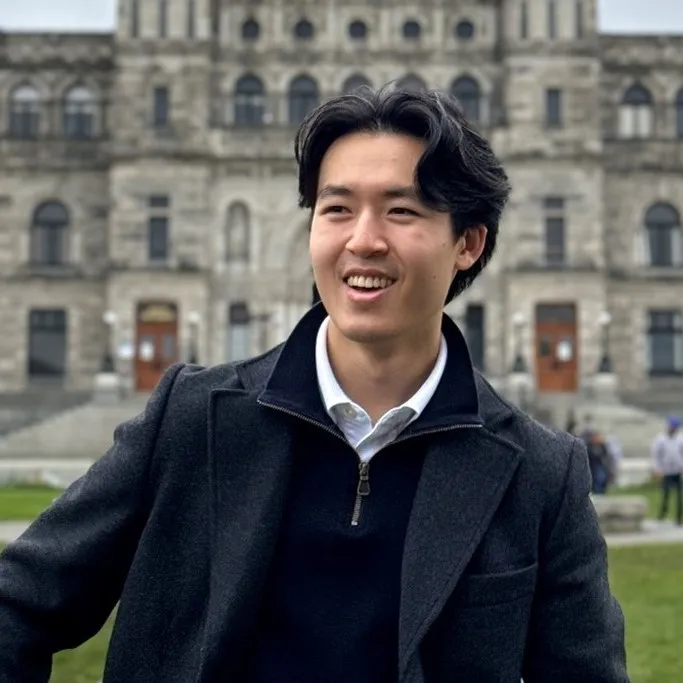The Applied Science Co-op Program presents a Co-op Student of the Year Award each year to recognize a co-op student’s exceptional contributions to their employer, their achievements in their job performance, contributions to the UBC community, to Co-operative Education, and to the general community.
Award Winners
Award info and criteria
Each year, one co-op student from the Applied Science Co-op Program is presented with a Co-op Student of the Year Award to recognize exceptional contributions to their employer, their achievements in their job performance, contributions to the UBC community and/or their employer, and to the Co-operative Education community.
The award is presented each January and celebrates student achievements from Winter, Summer and Fall terms of the previous calendar year.
The recipient of the Applied Science Co-op Student of the Year Award will have the opportunity to be considered as a nominee for the provincial and national Co-operative Education awards through:
- The Association for Co-operative Education and Work-Integrated Learning British Columbia/Yukon (ACE-WIL) Student of the Year Award
- The Co-operative Education and Work Integrated Learning Canada (CEWIL) Student of the Year Award
Award recipients will:
- Receive a $1000 prize
- Be featured in an article about their award to be presented in various University publications
- Be eligible to be nominated for the ACE-WIL and/or CEWIL Student of the Year Award(s)


